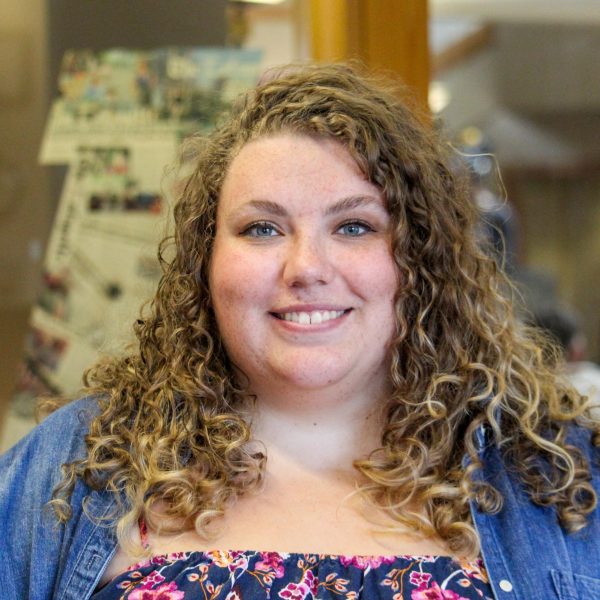When Matt Plishka ‘15 began his undergraduate thesis at Lafayette on the effect of the international banana trade in Jamaica, he didn’t know he would be writing a book and returning to campus as a speaker regarding the same topic seven years later.
After finding a niche that, according to Plishka, has a “no pun intended — very fruitful research scope,” he decided to continue with the research for a master’s thesis and upcoming book.
Plishka graduated from Lafayette with a degree in history and government and law. He then earned a Master of Arts from the University of Chicago before graduating from the University of Pittsburgh with a PhD in history. He now works as a Collaborative Humanities Postdoctoral Fellow at Vanderbilt University.
He was first introduced to the idea for his thesis and subsequent book project while working as an EXCEL Scholar at Lafayette. Under professor Ben Cohen, currently the acting chair of the engineering studies program, Plishka studied food adulteration, or the act of lowering the quality of a food item by substituting a cheaper ingredient.
It was then that Plishka knew he wanted to focus his research on “a commodity in some sense.”
After consulting with history professor Rebekah Pite, Plishka decided to focus his studies on Jamaica. The island’s two main commodities are bananas and sugar, and Plishka believed he could contribute more to the discussion surrounding bananas.
Because Jamaica only made up a small percentage of the United Fruit Company’s exports, Plishka explained that it “leads to a bit of forgotten history.”
Plishka’s upcoming book project, entitled “Cycles of Crisis and Adaptation: A Multispecies Political Ecology of Late-Colonial Jamaica, 1870-1960,” incorporates a revised version of his undergrad thesis as its first chapter. In his book, he will expand on the topic.
“My research looks at the lives of Afro-Jamaican small-scale farmers throughout this period and their efforts to navigate a colonial structure that was very biased against them,” he said.
“The main way I look at that is through understanding these small-scale farmers’ relationships to bananas and the banana industry, and in particular, the banana crop-killing fungus of Panama disease,” Plishka continued.
Plishka argues that because of their existence in this colonial structure, Jamaican farmers were forced to endure what he calls “cycles of crisis and adaptation.” He defines this as “when [farmers] are faced with a situation or crisis and are forced to adapt to it, find a different path forward or change something about either their cultivations or livelihoods as a way to continue to survive as a family or economic unit.”
On Oct. 6, Plishka spoke virtually at the International Student Association (ISA) “ISA Xposed” lecture regarding the exploitation of Central America and the Caribbean by the United Fruit Company. The talk was broadcasted virtually in the Kirby Hall of Civil Rights.
“It was a tremendous honor,” Plishka said. “I don’t think I’ve ever seen Kirby that crowded, to be honest, and it was really cool to see.”
“I’m so grateful for the opportunities that I was given through Lafayette, and it’s nice to be able to come back as an alum and impart whatever knowledge I may have [on] people,” Plishka continued.
Plishka believes these types of discussions are important for educating students about the world.
“The way I talk about education is training people to be good global citizens, and having these sorts of discussions that are global in scope, that bring in a wide variety of topics and people,” he said.






































































































